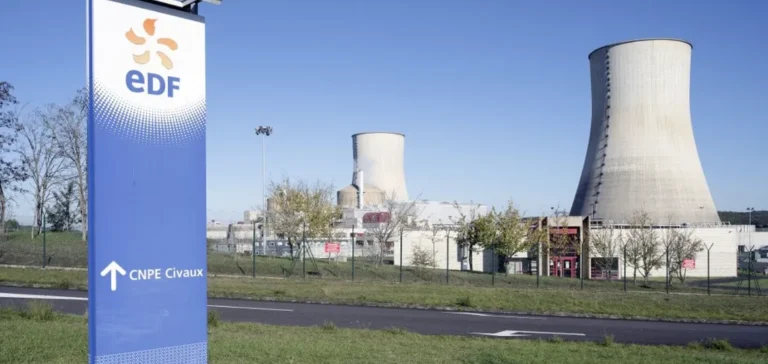EDF is expanding access to its Contracts for Access to Nuclear Production (CAPN) to a broader range of economic actors. This development comes amid regulatory changes in France, particularly the planned end of the Regulated Access to Historic Nuclear Electricity (Arenh) mechanism. CAPN contracts are now positioned as a key framework for long-term contractual relations between the energy group and its clients.
Previously restricted to electro-intensive industries, CAPN contracts are now available to companies with annual electricity consumption above 7 GWh, as well as to suppliers authorised to purchase electricity for resale to final consumers and to electricity producers. These contracts, backed by EDF’s historical nuclear fleet, offer prices detached from wholesale markets in return for long-term commitments of at least ten years.
Contractual restructuring following the end of Arenh
The announced end of the Arenh system forces companies to rethink their electricity procurement strategies. Marc Benayoun, Executive Director in charge of the Customer, Services and Regions Division, stated that several thousand companies exceed the required eligibility threshold. EDF has already signed new CAPN agreements with Safran Landing Systems and Verallia, and is currently negotiating with ArcelorMittal. According to Karine Revcolevschi, Director of Upstream-Downstream Optimisation and Trading, many other discussions are ongoing.
Non-electro-intensive companies are also showing growing interest in these contracts. Some have annual consumption levels of up to 1 TWh, while mid-sized companies report around 30 GWh, signalling a broader shift towards more stable contractual solutions. EDF also notes increasing interest from data centre operators, including Data4, which has already signed a CAPN agreement.
Market stabilisation and revenue security
EDF sees these contracts as a tool for securing its revenues amid a changing regulatory landscape. To date, around 16,000 medium- and long-term contracts have been signed, representing an equivalent annual consumption of between 35 and 40 TWh across more than 120,000 sites. Nelly Recrosio, Director of the Business Market, stated that this momentum supports the market’s restructuring post-Arenh and helps clarify future access conditions to nuclear generation.






















